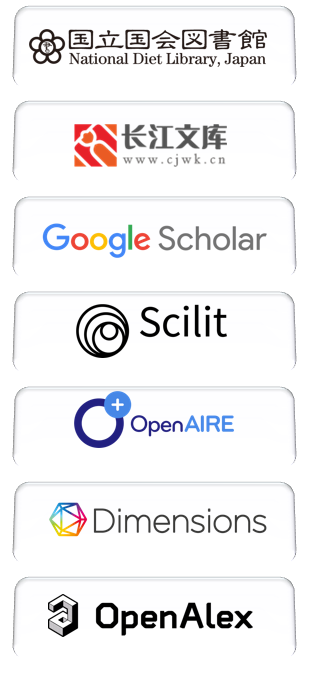Analysis and Reflections on the Group Characteristics of Presidents of Double First-Class Universities
DOI:
https://doi.org/10.64583/1nm8s117Keywords:
Double First-Class universities, university presidents, group characteristicsAbstract
University presidents, as the highest leaders of university
administrative affairs, play a crucial role in the realization of good
governance in universities. Double First-Class universities, to some
extent, represent the highest level of universities in China;
researching the group characteristics of the presidents of Double
First-Class universities is of important theoretical and practical
significance. This paper takes the presidents of 42 Double First-Class
universities as the research subjects and conducts a survey and
analysis of the current situation using basic characteristics,
educational and academic background, and appointment situation as
the main indicators of their group characteristics, in an attempt to
provide a reference for the future selection of university presidents
in China.
Downloads
References
Couzy, M. (2012). Conflicting Roles: Balancing Family and Professional Life - A Challenge for Working Women. [Master’s thesis, Linnæus University, Sweden]
Eagly, A. H., & Karau, S. J. (2002). Role congruity theory of prejudice toward female leaders. Psychological Review, 109(3), 573–598.
Ignatius, A. (Host). (2018, March 15). Harvard’s president on leading during a time of change [Audio podcast]. Harvard Business Review. https://hbr.org/podcast/2018/03/harvards-president-on-leading-during-a-time-of change
Jiang, T. (2010). Discipline Bias Of Chinese University Presidents and Its Correction [Master’s thesis, Hunan University]. (In Chinese)
Jin, L. (2018). American Council on Education releases “The American College President Study 2017 edition”. World Education Information, (2). (In Chinese)
Lin, S., Zhang, K., Liu, J., & Lyu, W. (2024). Credential inflation and employment of university faculty in China. Humanities and Social Sciences Communications, 11, Article 1191.
Liu, B. (2018, September 11). Current development status of female university presidents and women leaders. China Women’s News, (005). (In Chinese)
Ministry of Education of the People's Republic of China. (2015, May). Several opinions on deepening the separation of governmental functions and education administration, school management, and evaluation to facilitate the transformation of government functions [Government policy document]. Ministry of Education. http://www.moe.edu.cn/publishes/business/htmlifiles/moe/s7049/201505/186927.html (In Chinese)
Ministry of Education of the People’s Republic of China. (2012, April 20). Improving the selection mechanism of university presidents and building a modern university system: The Ministry of Education launches open selection pilot for presidents of MOE-affiliated universities [Press release]. Ministry of Education of the PRC.
http://www.moe.gov.cn/jyb_xwfb/s5148/201204/t20120420_134350.html (In Chinese)
Reis, T. C., & Grady, M. L. (2019). Women and the university presidency: Increasing equity in leadership. Journal of Research on the College President, 3,
Ruan, J., Cai, Y., & Stensaker, B. (2023). University managers or institutional leaders? An exploration of top-level leadership in Chinese universities. Higher Education, 87(1), 703–719.
Sui, Y. (2010). University presidents and the importance of their speeches. Higher Education Management, 4(1), 3–6. (In Chinese)
The General Office of the CPC Central Committee. (2014, October 15). Opinions on adhering to and improving the president responsibility system under the leadership of the Party committee in regular higher education institutions. The Central People’s Government of the People’s Republic of China. Retrieved July 17, 2025, from https://www.gov.cn/zhengce/201410/15/content_2766861.htm (In Chinese)
Wang, H. (2007). On university development stages and theselection of presidents. Jiangsu Higher Education, (1), 22–25. (In Chinese)
Wang, Q., & Ding, C. (2015, July 28). Jiangsu Jintan: Schools can rehire highly prestigious retired principals based on work needs [Online article]. http://job.work.cn/310/20150728/150728144039240.shtml (In Chinese)
Yu, N., Dong, Y., de Jong, M., & Yue, J. (2024). How do new university presidents affect research performance? Measuring the impact of previous career paths in China. Research Policy, 53(2).
Downloads
Published
Issue
Section
License
Copyright (c) 2025 Authors

This work is licensed under a Creative Commons Attribution 4.0 International License.










